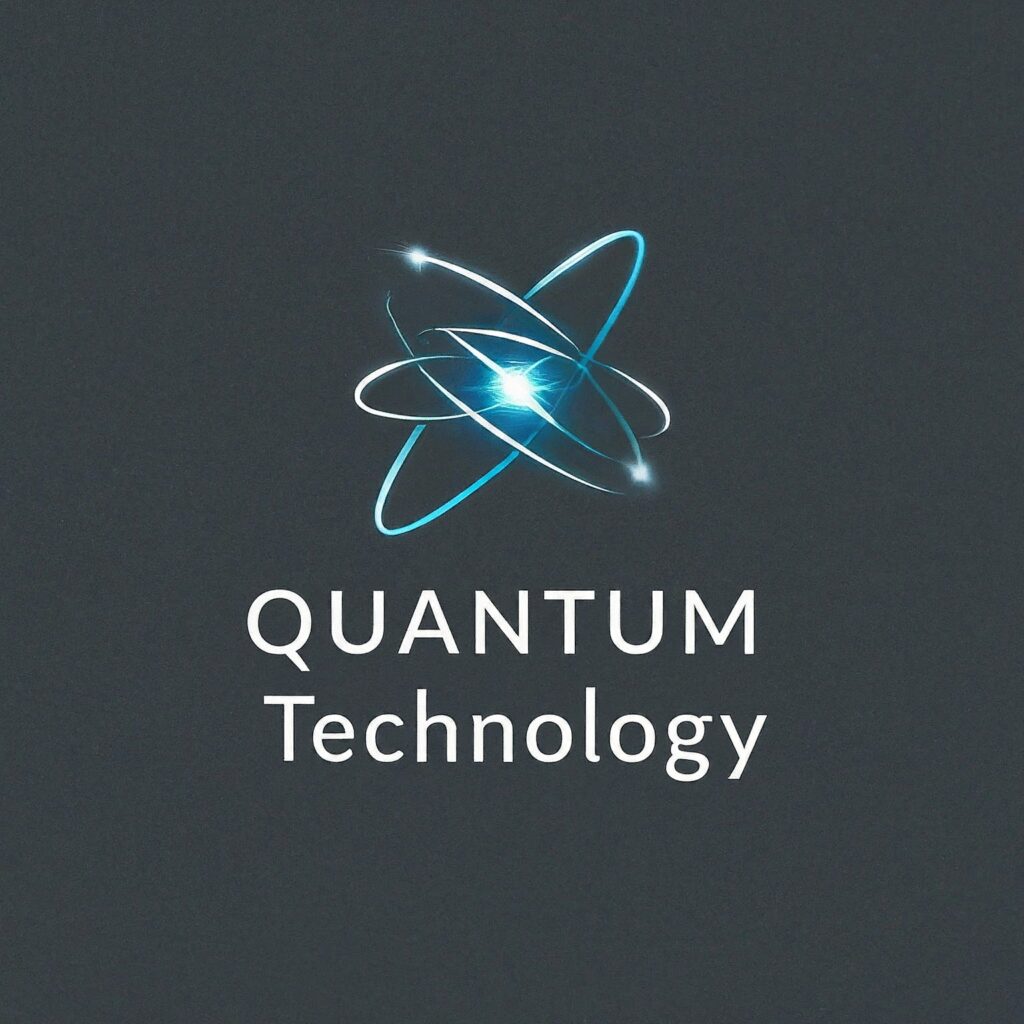Quantum mechanics is renowned for its mind-bending properties, and one emerging area of interest is the study of correlations in quantum systems across multiple time points. A recent PhD thesis titled “Classification of quantum multitime correlated processes” delves into this fascinating realm, proposing a novel framework to classify processes based on their multi-time correlations.
Beyond Simple Correlations:
Quantum systems can exhibit correlations between different parts of a system or between measurements taken at a single time. This thesis focuses on a more intricate phenomenon: multi-time correlations, where the state of a system at one point in time influences the outcome of measurements performed later.
Why Classification Matters:
Understanding and classifying quantum processes with multi-time correlations is crucial for several reasons:
- Foundations of Quantum Mechanics: It deepens our understanding of the fundamental nature of quantum systems and how information propagates through them.
- Quantum Technologies: These correlations have potential applications in areas like quantum communication, where they could lead to enhanced security through advanced protocols.
- Simulating Complex Systems: Accurately simulating systems with multi-time correlations could revolutionize our ability to model complex phenomena in physics, chemistry, and materials science.
The New Classification Scheme:
The thesis proposes a framework that classifies quantum processes based on the information they retain about past interactions through their multi-time correlations. The classification system hinges on the concept of memory:
- Memoryless (Markovian): These processes do not retain any information about past interactions, and future measurements depend only on the most recent state.
- Classical Memory: Here, the environment surrounding the system acts as a classical memory, storing information about past interactions and influencing future outcomes.
- Quantum Memory: In this case, the quantum system itself retains quantum information about past interactions, leading to non-classical correlations that cannot be replicated by classical memory alone.
Significance and Future Directions:
This research provides a powerful tool for analyzing and classifying complex quantum processes based on their multi-time correlations. It paves the way for further exploration in areas like:
- Developing Experimental Techniques: Developing techniques to experimentally measure and quantify multi-time correlations in real-world quantum systems.
- Applications in Quantum Information Processing: Exploring how these correlations can be harnessed for novel functionalities in areas like quantum computing and communication.
- Theoretical Developments: Refining and expanding the classification framework to encompass even broader classes of quantum processes.
Unlocking the Power of Time:
The study of multi-time correlations in quantum processes highlights the intricate dance of information and time in the quantum world. By unraveling this complexity, we not only gain a deeper understanding of quantum mechanics but also open doors for groundbreaking technological applications, shaping the future of quantum information science.
